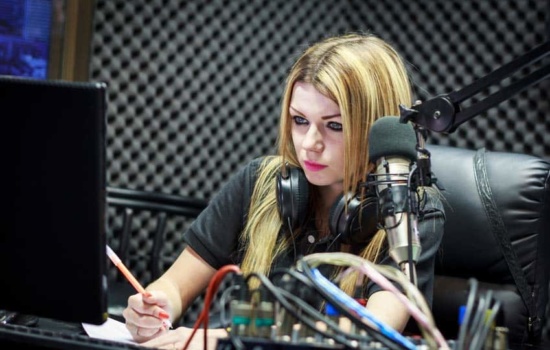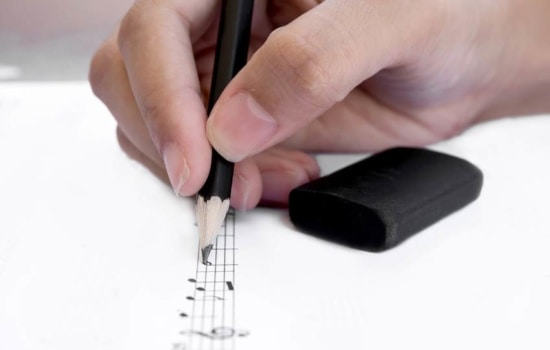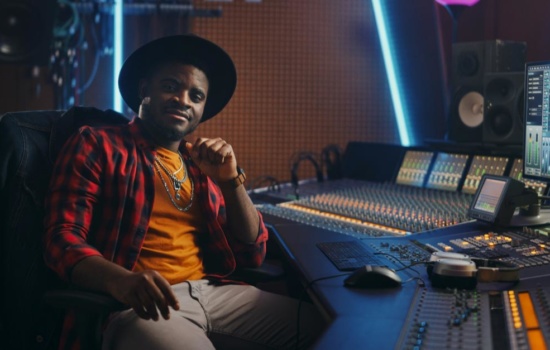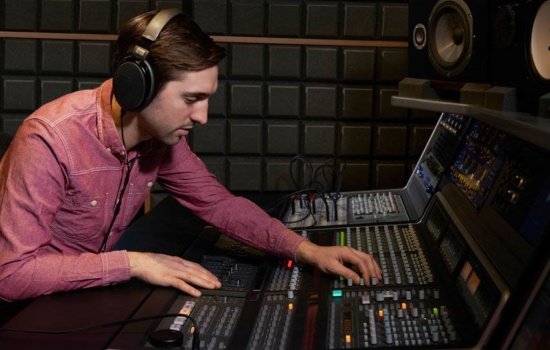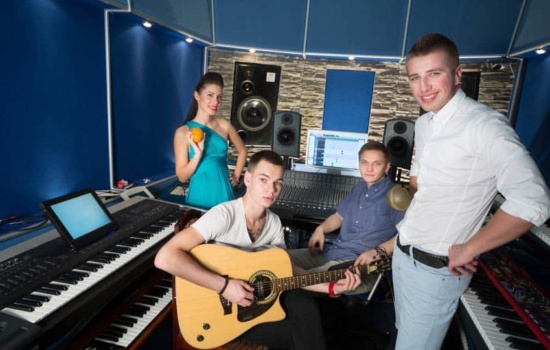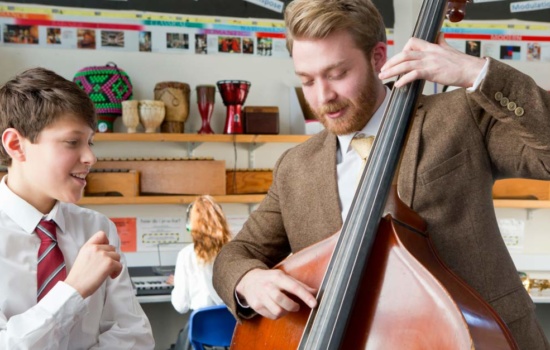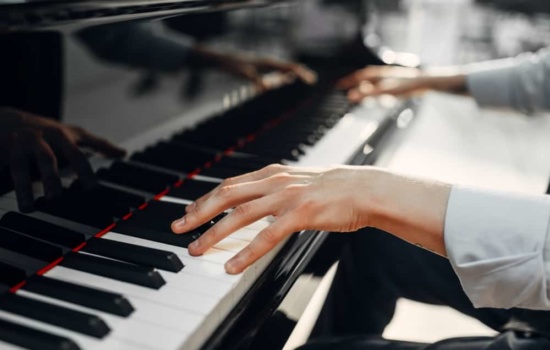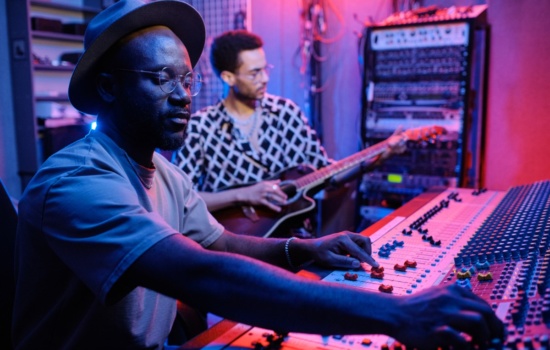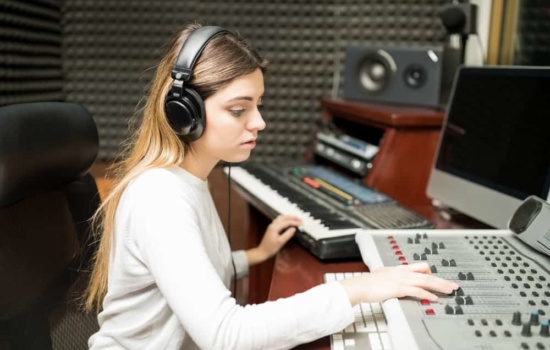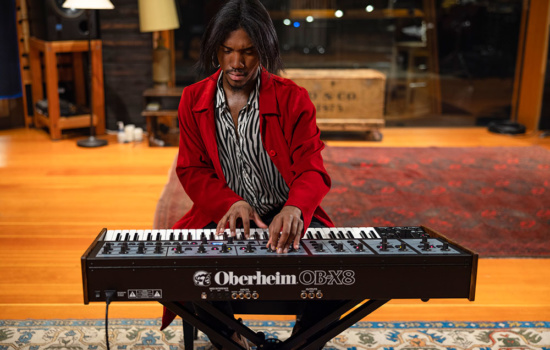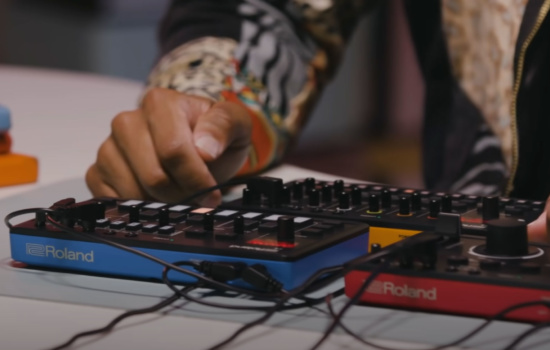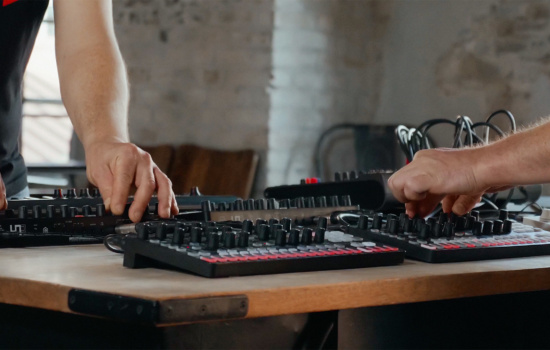There’s a reason it’s called the music BUSINESS, so it’s best to have a smart, strategic plan. The first step to getting your music heard might seem obvious, but a lot of musicians ignore it or downplay its importance. Start by building your band’s social presence online.
If you’re just getting started, you can do this before you even have a show. After all, your friends are probably curious about what you’ve been doing for three hours every Thursday night in the practice space, and the people in your social circle are going to be your first fans.
Secure Facebook, Twitter, and Instagram accounts for your band.
If your music deals in a lot of imagery or has a distinct visual aesthetic a Tumblr account is a good idea, too. Invite all your friends to connect by posting about the new band account from your own personal account, and by following them with the band account (on Instagram and Twitter) or by suggesting they like the account (on Facebook). After this initial work, a lot of bands get lazy. You have to post regularly.
Do the obvious things, like posting about upcoming shows, if you’re in the studio recording a new EP, etc. Even if you haven’t booked a show in awhile, you can still share candid photos of the band members hanging out at practice, a YouTube video of a band that inspired your sound or a photo or painting which evokes some of the lyrical content of your music.
The idea is to stay on people’s radar. Most importantly, make sure the content is relevant and of good quality.
Build a fan base in your own hometown before you set out to conquer the world. Start small.
The idea behind building an official band website is similar. Be professional and create compelling content. You can use your website to list show dates, sell t-shirts and albums, link to social pages and share any biographical info about the band. But the main reason behind having a website is it just straight up makes your band look legit. A website says you’re in it for the long haul.
You’re reliable and accomplished, and you have the gig history and the business acumen to prove it. A potential Manager or A&R Coordinator wants to know you’ll do the work and be worth their investment of time and money.
Of course, the biggest part of getting your music heard is to play shows. Build a fan base in your own hometown before you set out to conquer the world. Start small. Sell out gigs at your local bar, then start thinking about booking mini regional tours. (Only after you become successful at home is it time to start thinking about bigger, national tours.)
It’s just easier to get written up in your local newspaper or by a local music blog when these people have seen your band’s name enough times and see you’re gaining a following around town.
Once you get your name in ink in the local media, you’ll have quotes and reviews to send when you eventually start sending your band’s press kit to national Bloggers and print media. A Music Journalist for a national publication is way more likely to write about you if there’s already information about you available.
If there’s nothing about your music, they’ll know you’re just getting started and not yet poised to reach a wider audience. Plus, A&R Coordinator’s look for bands which have already proven they have drawing power and a fan base they can mobilize to spend money on their shows, albums, and merchandise.
This is usually the hometown crowd where the band lives, practices, and has friends, as well as other cities close by where the band plays regularly.



